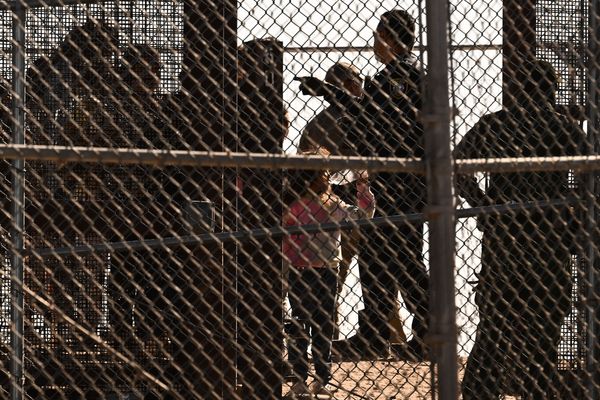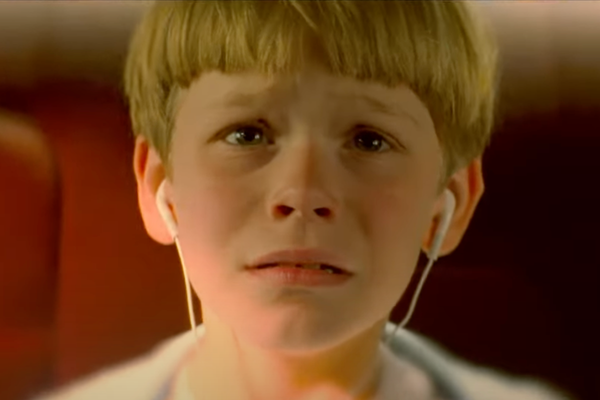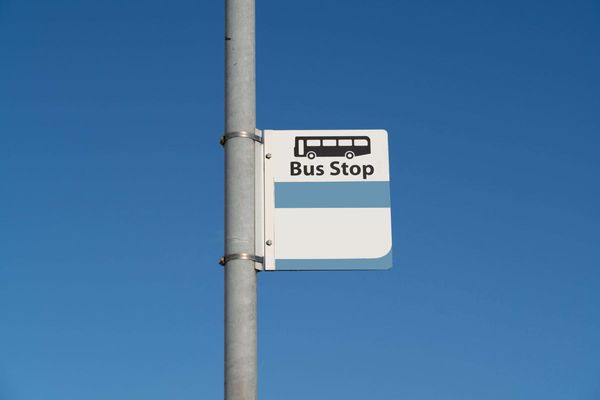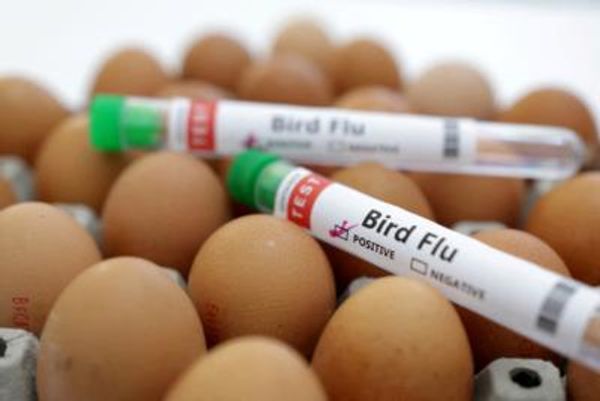
SEVERODONETSK (Ukraine) (AFP) - Rescuers on Sunday scrambled to find dozens of civilians feared dead in a strike on a Ukrainian school as the G7 reaffirmed their unity with Kyiv on the eve of Russia's World War II victory celebrations.
US First Lady Jill Biden and Canadian Prime Minister Justin Trudeau made unannounced visits to Ukraine and G7 leaders joined President Volodymyr Zelensky on a video call as Kyiv's allies rallied with further pledges of support.
But shelling and missile strikes have intensified on the ground and depleted Ukrainian forces are bracing to defend their final bastion in the devastated port city of Mariupol.
Ukraine is desperate to deny Moscow a symbolic win before Russian President Vladimir Putin leads commemorations of the Soviet Union's defeat of Nazi Germany on Monday.
Putin is expected to flaunt his military might during the large, symbolically important event and justify the invasion by comparing it with the previous struggle against Nazism and the national pride it brought.
"Today, our soldiers, as their ancestors, are fighting side by side to liberate their native land from the Nazi filth with the confidence that, as in 1945, victory will be ours," Putin said.
Zelensky also marked a day commemorating the end of the 1939-1945 war by comparing Ukraine's battle for national survival to the region's war of resistance against its former Nazi occupiers.
"Decades after World War II, darkness has returned to Ukraine, and it has become black and white again," Zelensky said, in a monochrome social media video shot against the backdrop of a bombed-out apartment block.
"Evil has returned, in a different uniform, under different slogans, but for the same purpose," he warned, trying to turn Putin's "anti-Nazi" rhetoric back on itself.
Fresh sanctions
Zelensky met G7 leaders via video conference to discuss the crisis.
The group -- which includes France, Germany, Canada, Italy, Japan, Britain and the United States -- in a statement on Sunday said Putin's "unprovoked war of aggression" had brought "shame on Russia and the historic sacrifices of its people".
The White House said the G7 was "committed to phasing out or banning the import of Russian oil".
But EU diplomats will meet again next week to hammer out the details of their latest sanctions package against Moscow, after a proposed embargo on Russian oil exposed rifts in the bloc.
In a separate statement, the White House said the United States would sanction three major Russian television stations and deny all Russian companies access to US firms' consulting and accounting services.
Canadian leader Trudeau said Putin was responsible for "heinous war crimes" as he visited Irpin, a suburb on the northwest edge of Kyiv that was the scene of heavy fighting in the early weeks of the conflict.
Local mayor Oleksandr Markushyn posted pictures on social media and said Trudeau "came to Irpin to see with his own eyes all the horror that the Russian occupiers had done to our city".
Separately, the US first lady met her Ukrainian counterpart Olena Zelenska at a school sheltering civilians, including children displaced by the conflict, near Ukraine's border with Slovakia.
"I wanted to come on Mother's Day," Jill Biden told reporters, saying she wanted to show that the United States stands with Ukraine.
On the ground, the key battles were being fought in Ukraine's east.
Tunnel network
Civilians have now been evacuated from Mariupol's Azovstal steelworks, leaving a small force of defenders holed up in its sprawling network of underground tunnels and bunkers.
The complex -- the final pocket of Ukrainian resistance in the Black Sea port city -- has taken on a symbolic value.
"We, all of the military personnel in the garrison of Mariupol, we have witnessed the war crimes performed by Russia, by the Russian army.We are witnesses," said Ilya Samoilenko, an intelligence officer with the far-right Azov regiment defending the site.
"Surrender is not an option because Russia is not interested in our lives," he said.
Taking full control of Mariupol would also allow Moscow to create a land bridge between the Crimean peninsula, which it annexed in 2014, and regions run by pro-Russian separatists in the east.
In one of those regions, Lugansk, Ukrainian forces are now mounting a last-ditch defence of the city of Severodonetsk, formerly an industrial city of 100,000 people, now Russia's next target.
In the same region, governor Sergiy Gaiday said 60 civilians were feared dead after a school in the village of Bilogorivka was hit in an air strike.
"The bombs fell on the school and unfortunately it was completely destroyed.There was a total of 90 people, 27 were saved," he said on Telegram.
"Sixty people who were in the school are very probably dead."
Rescuers could not work overnight because of a threat of new strikes but resumed their work on Sunday.
'Filtration camps'
Rescuers were also looking for survivors in the neighbouring village of Shepilivka after a strike hit a house where 11 people were sheltering in the basement, Gaiday said.
Civilians who escape Mariupol describe passing through Russian "filtration" sites where several evacuees told AFP they were questioned, strip-searched, fingerprinted, and had their phones and documents checked.
"They asked us if we wanted to go to Russia...or stay and rebuild the city of Mariupol," said Azovstal evacuee Natalia, who spoke on condition that her full name not be published.
"But how can I rebuild it?How can I return there if the city of Mariupol doesn't exist anymore?"
burs-dc/imm/raz







